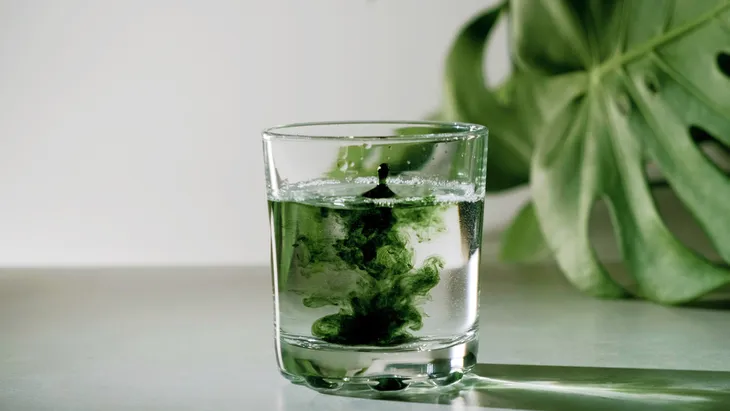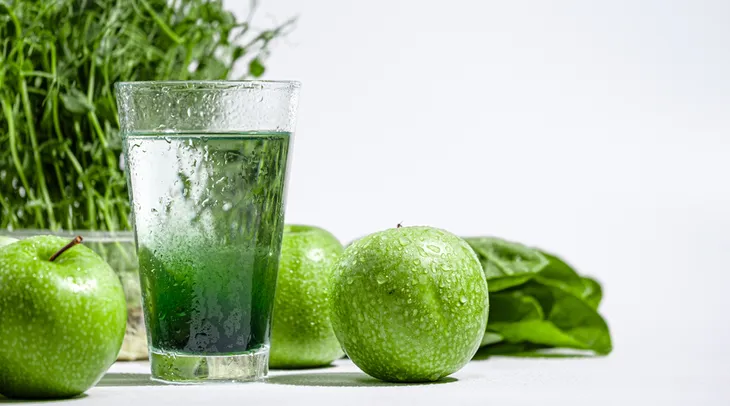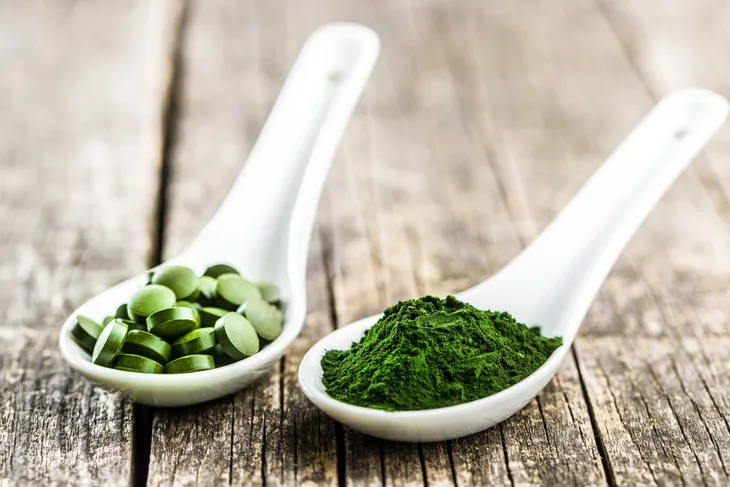You probably remember learning about chlorophyll in science class during grade school: it’s the stuff that makes leaves (and some vegetables) green. However, there’s more to it than you might have previously thought – including the health benefits of consuming it.
For example, the green pigment found naturally and in supplements can potentially boost your energy and help fight off sickness, according to Medical News Today. Let’s explore more details about chlorophyll, and whether to consider adding more of it to your diet…
What Is Chlorophyll?
This pigment present in green plants is important to ensure plants get the nutrients they need. However, plants also need sunlight for this mechanism to work. In other words, chlorophyll helps plants get energy from sunlight (a process known as photosynthesis).
WebMD notes that there are two types of this natural compound (type A and B), and they’re both fat-soluble (meaning consuming it with some healthy fats during a meal can help your body metabolize it). The source also notes the compound is a natural antioxidant, which is associated with disease prevention.
Where Do I Find Chlorophyll Naturally?
There are several natural sources of this green compound you can readily find at the supermarket. For example, according to Very Well Health, chlorophyll-rich foods include arugula, spinach, broccoli, asparagus, parsley, and seaweed. Dark-green leafy veggies are often rich in the compound, the source adds.
However, the source notes there are other ways to get your fill of chlorophyll other than leafy greens. It lists pistachios and hemp seeds as other options. It also notes that even some fruits such as apples, kiwi, and green grapes can provide some of this compound.
It Can Also Be Found in Supplements
Chlorophyll can also be found in pill or liquid form. Cleveland Clinic notes there has been an increase of people adding drops to their water to get the health benefits, thanks to popularity on social media.
Even though it has gained popularity, is the liquid form safe? According to research cited by the source, there hasn’t been any evidence to suggest it’s not.
Mild Side Effects You Should Know
Even though no evidence suggests it isn’t safe, the source notes there can be some mild side effects from using liquid chlorophyll (which is actually a “semi-synthetic” mixture of sodium copper salts, known as chlorophyllin).
Cleveland Clinic explains some people might experience some mild gastrointestinal issues – as well as green poop that might be alarming to some. The risk of burns from sun exposure might also increase, it adds.
Is Chlorophyll Right For Me?
While there are many potential health benefits of chlorophyll, and some people report feeling better after adding more of it to their diet, “the evidence for most of these is insufficient and more research is needed,” notes Medical News Today.
When it comes to chlorophyll supplements, there are several different types on the market that vary in strength, notes Medical News Today. It suggests that while many of these supplements have specific instructions about how to use them, you’ll want to turn to a doctor or nutritionist for guidance first.
Who Shouldn’t Use Chlorophyll?
Pregnant or breastfeeding women should err on the side of caution with chlorophyll. This is because researchers haven’t studied its effects on pregnant or breastfeeding women yet.
There is also a possibility that chlorophyll could negatively interact with certain medications. This is why it’s always crucial that you check your doctor before starting a new supplement.









